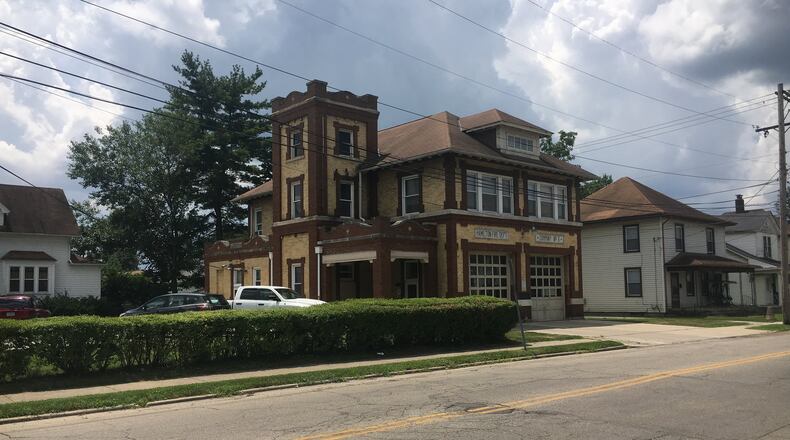A major factor in Smith’s reversal on the plan was the need for a long-needed street repair levy that the city plans to request from voters next year, he said.
Facing equipment and building needs for fire and police services, as well as a need to upgrade roads near the proposed Spooky Nook at Champion Mill — the gigantic indoor sports complex along North B Street — Smith had recommended lowering from 100 percent to 50 percent the credit for income taxes paid to other local governments that the city has granted residents since at least 1995.
The proposal would have cost a resident earning $50,000 and working beyond city limits anywhere from zero to several hundred dollars a year, depending on where they worked. Council held a public hearing last week about the proposal, which would have raised $1.5 million per year, and was to start Jan. 1.
All but two of the 18 who spoke during that hearing, or had emails read in their absence, were against the proposal, arguing it unfairly targeted them rather raising taxes for people across the board.
MORE HAMILTON NEWS: Region ready to embrace Great Miami River after long estrangement
Smith this week met with some of the residents who had opposed the income-tax change.
In response to questions from the Journal-News, Smith said the street levy needs to be successful, and he believed the income tax change would have harmed its chances.
“First and foremost, the city wants the street levy that will be voted on next year to be successful,” he wrote via email. “Our streets have been in terrible repair for decades, and we need to move forward with a systematic plan to fix them. Based on the feedback we received from residents, they indicated it would be hard to vote yes for a street levy if the income tax credit was reduced.”
Also, after the second meeting with opponents, “it was clear there was not widespread support for the income tax credit reduction approach,” Smith said.
Following that determination, city administrators now will do two things, he said:
- First, it will ask Spooky Nook executives "to examine their plans to see what can be re-engineered to reduce capital costs"; and
- Second, "we will have to cut city costs to un-restrict monies obligated elsewhere," Smith said. "That certainly will not be an easy exercise, but City Council believes Spooky Nook is the catalytic development needed to keep Hamilton (on) a positive trajectory."
Opponents of the income-tax hike who attended this week’s meeting with Smith and other city leaders said they felt the move away from the proposal was wise.
RELATED: Hamilton, Middletown among Ohio ‘reinvention cities’ getting more attention
“I’m happy that they listened,” said Ben Statzer. “The proposed tax credit reduction for residents employed in other cities was just not appropriate.”
“I’m being kind in my words as I know if this had gone through as it was proposed originally there would have been a very significant number of people very upset,” Statzer added. “In my opinion, this would have been a short-sighted, major mistake at a time when folks are starting to feel really positive about this city.”
Statzer said he believes Smith has done “a great job managing and helping to revitalize this city,” but added Smith is in a difficult position given the city’s tight finances and needs for such things as new fire stations (to replace approximately 100-year-old ones that once housed horse-drawn fire equipment). Smith’s “heart is in the right place,” Statzer believes.
Statzer, like others who spoke during the public hearing, observed, “There aren’t enough good paying jobs in this city, so from a people-recruitment standpoint — Hamilton needs people that work elsewhere — why drive them away?”
People likely would have moved from the city, had the credit been lessened, he said. As for the street-repair levy’s chances, “the decision to table the tax proposal helps out a ton,” Statzer said. “I personally believe enough people are upset about the roads that it has a good chance of passing.”
Statzer said he’s always been a supporter of the Spooky Nook project: “However, I don’t want to fund Spooky Nook out of my family budget. … I really like Hamilton, I wouldn’t have said that 10 years ago. But there’s no amount of good that could come from Spooky Nook that would justify taking several hundred dollars per year from my family.”
Wayne Henson of the West Side, another opponent who works outside the city, said, “I’m against the rollback, but I’m not against paying my fair share of the tax.”
As for the streets levy next year, he’s not sure of its passage.
“It’ll be very interesting,” Henson said. “I think it’ll go right down to the last vote.”
About the Author
